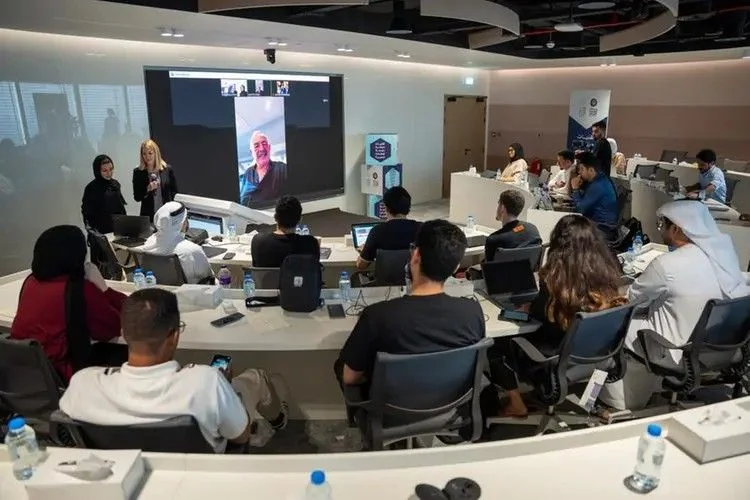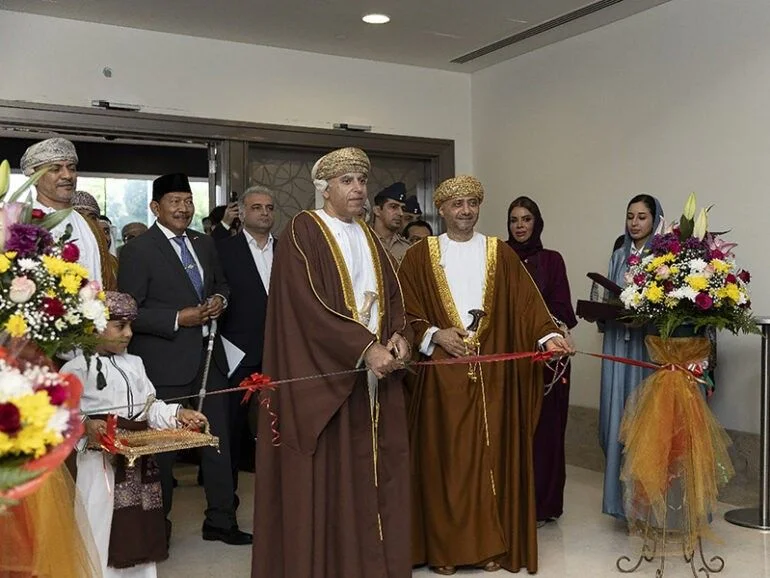The World Health Organization (WHO) and the Kingdom of Saudi Arabia have announced a significant milestone in digital health collaboration aimed at expanding the Hajj health card initiative to support the approximately 3 million pilgrims who embark on the holy pilgrimage each year.
The Hajj health card, developed on the WHO Global Digital Health Certification Network’s public key infrastructure, summarizes vital health information such as medication needs, allergies, immunization status, and pre-existing conditions. This card empowers individuals by giving them control over their health information during their travels to Saudi Arabia, allowing authorized health providers access to accurate, up-to-date patient summaries and facilitating personalized quality care.
Today marks a notable advancement in WHO’s efforts to assist Member States in expanding access to safer, person-centered digital health tools that improve access to quality healthcare when and where it is needed. “We are thankful for the excellent collaboration with the Kingdom of Saudi Arabia, participating countries, and the WHO Regional Office for the Eastern Mediterranean, and we look forward to further supporting capacity building and infrastructure development in countries transitioning to more digitized health systems,” said Dr. Jeremy Farrar, WHO Chief Scientist.
The Hajj represents the largest pilgrimage globally, attracting nearly 3 million pilgrims from over 180 countries each year. In 2024, more than 250,000 pilgrims from Indonesia, Malaysia, and Oman were issued Hajj health cards as part of the pilot collaboration between WHO and Saudi Arabia. This trial phase demonstrated each country’s ability to utilize global standards to issue their own national versions of the card, enhancing pilgrims’ safety and quality of care during the Hajj.
WHO and Saudi Arabia have agreed to further collaborate to improve and expand the successful pilot program for the Hajj health card. The expertise and support from the Saudi government and their digital partner, LEAN, will enhance data security and provide essential technical support to additional countries joining the initiative.
“This exciting partnership between the Kingdom of Saudi Arabia and the World Health Organization to expand the Hajj health card initiative enhances the safety and well-being of millions of pilgrims,” stated Dr. Hanan Balkhy, WHO Regional Director for the Eastern Mediterranean (EMRO). “By leveraging digital health solutions, we strengthen the quality of care and bolster health systems in the Eastern Mediterranean Region and globally.”
In 2023, WHO launched the Global Digital Health Certification Network (GDHCN), building on successful collaboration with the European Union and other partners to support COVID-19 vaccination certificates. The GDHCN now includes over 80 WHO Member States that have established systems to verify the authenticity of health information using the new global ISO standard, IPS – the International Patient Summary.
The GDHCN is underpinned by a robust public key infrastructure (PKI) encryption system that ensures health credentials remain verifiable and secure. This allows national authorities and health providers to trust the authenticity of health documents across borders while maintaining individual privacy.
The initiative envisions a digital health future where individuals can carry internationally recognized health credentials, improving travel and healthcare access. This empowers people with greater control over their health information, enabling them to decide what health data to share when seeking care both domestically and abroad.
By joining WHO’s certification network, countries can streamline administrative processes, enhance border control efficiency, and ensure that health visits are better informed. This global network lays the foundation for long-term improvements in international health collaboration, paving the way for future applications such as cross-border e-prescriptions, insurance, and telemedicine.















